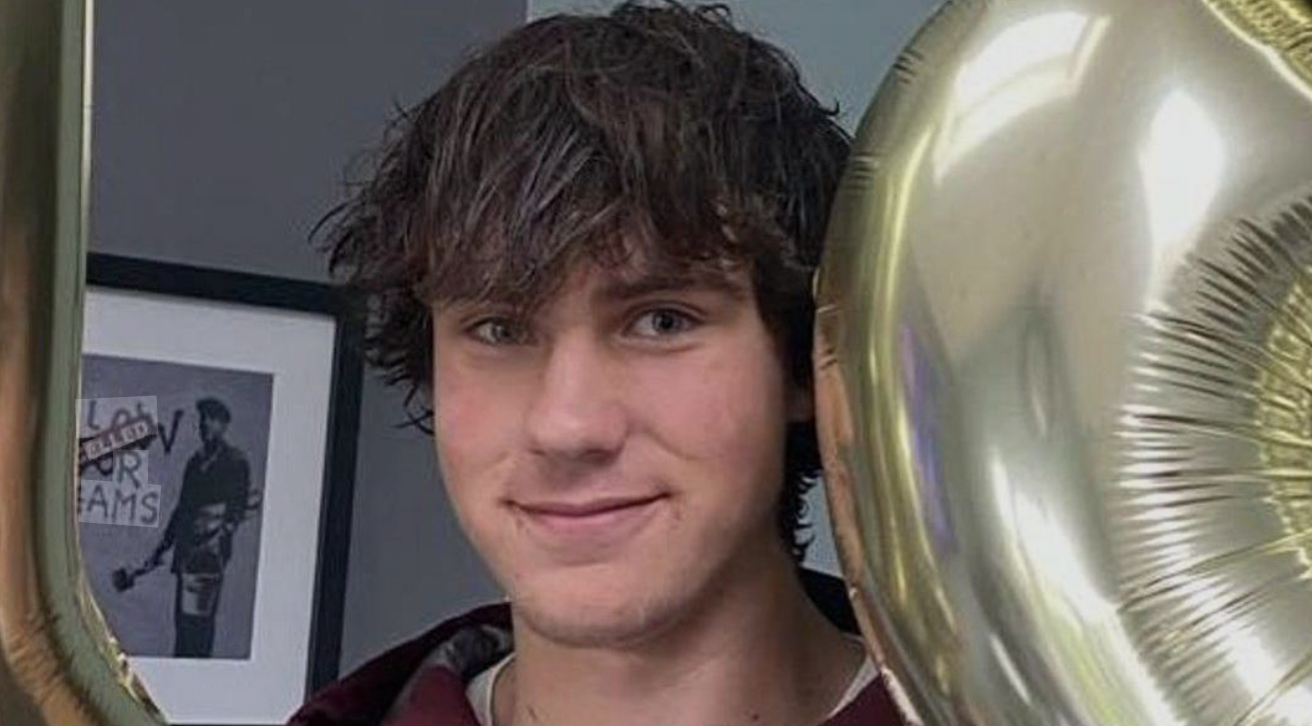By Imogen Horton, News Editor, and Patrick Sullivan, Film & TV Editor
Academics at the University have examined questionnaires to assess how many high-risk young people take action on suicidal thoughts in order to aid clinicians in their assessments.
University of Bristol Epidemiology Research Fellow, Dr. Becky Mars, along with several other University associated co-authors, including Professor David Gunnell, have produced a paper for The Lancet Psychiatry of their research into what proportion young people with suicidal thoughts go on to make an attempt on their life and any key predictors.
Gunnell said: 'While suicidal thoughts and self-harm are common in young people, with around one in six young people reporting self-harm, suicide and suicide attempts are thankfully relatively rare.
'Being better able to identify those at greatest risk and intervening may help reduce suicides in young people.'
.@Becky_mars_ from @SASHBristol has conducted the first longitudinal study exploring transitions from suicidal thoughts to attempts among young people in the community. It’s in press @TheLancetPsych We hope to blog about it soon!
— The Mental Elf (@Mental_Elf) February 25, 2019
The paper adds to increasing research conducted by the University on self-harm and suicidal behaviours, enabling better pre-emption by clinicians of young people who may be at risk.
The researchers used questionnaire data from the Avon Longitudinal Study of Parents and Children, otherwise known as the Children of the 90s study, which has been charting the health of 14,500 families in the Bristol area. At the age of 16, 310 young people taking part experienced suicidal thoughts and Dr. Mars and her team evaluated that 12 per cent of those went on to make a suicide attempt by the age of 21. It should be stressed that the majority of 16 year olds experiencing suicidal thoughts did not make a suicide attempt in that period.
20 per cent of those who experienced both suicidal thoughts and non-suicidal self-harm at the age 16 made an attempt in the subsequent five year period.
The findings led to the recommendation for clinicians to ask adolescents about the identified predictors during risk assessments. The introduction of the paper states 'a better understanding of these factors is crucial for improved suicide prediction and prevention'.
'Findings from our study could be used to help those who work with young people identify those in greatest need of timely help, support and interventions.'
Mars also echoed the importance of the research: 'Although other studies have found differences between young people who have thought about suicide and those who have made an attempt, this is the first study to look at predictors over time.
'Findings from our study could be used to help those who work with young people identify those in greatest need of timely help, support and interventions.
'We’re now planning studies to look at predictors during shorter time frames (hours/days/weeks) and to look at other predictors which are not covered in this study. This is important as many well-established risk factors for suicide (such as mental health problems) do not predict suicide attempts in these high-risk groups.'
The suicide and self harm research group (SASH) is one of the leading groups in the UK to help understanding of the causes of suicidal behaviour and self-harm.
Jacqui Morrissey, Samaritans Assistant Director of Research and Influencing, added: 'This new research should help improve ways of identifying and supporting those young people who are in the high-risk category [of those who have suicidal thoughts].'
Featured image: Cameron Scheijde / Epigram









